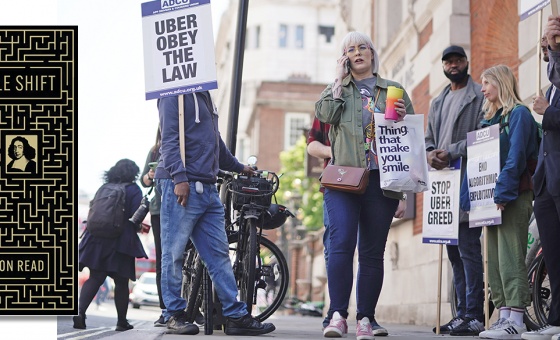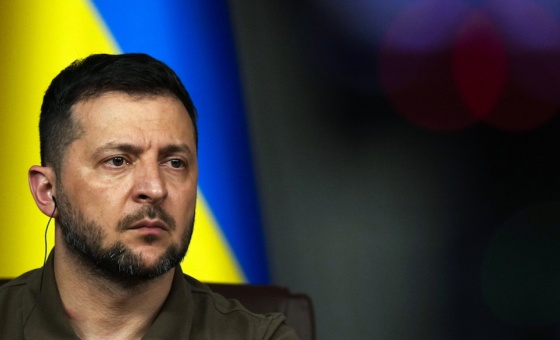This is the last article you can read this month
You can read more article this month
You can read more articles this month
Sorry your limit is up for this month
Reset on:
Please help support the Morning Star by subscribing here
NORTH SEA oil and gas workers will be able to report safety concerns via a mobile phone app from today.
The app, called Blowout, is being launched by trade union RMT to provide a confidential line to union officials.
The union says workers are often fearful of reporting hazards due to the threat of blacklisting.
An RMT spokesman told trade journal Energy Voice: “The main objective of this initiative is to bring about change.
“If we can provide you with a deterrent to bad practice, a deterrent to the culture of covering incidents up and threatening anyone involved, we will see this as a success.”
The app will allow workers to log an incident with officials or have the case referred to the Health & Safety Executive.
“We don’t want a culture that requires a ‘whistle-blowing hotline,’ we want a culture where we learn from incidents and prevent them reoccurring,” the spokesman said. “We want to improve safety performance, and we will.”
A similar app created by Glasgow Caledonian University (GCU) is also being launched today to help reduce injuries and save the lives of workers on construction projects.
Using videos and images, the app highlights any health and safety issues that will help protect construction workers.
Professor Billy Hare said the app has the potential to prevent mistakes causing accidents and ill health from being repeated.
“Academics in the past have attempted to create systems that tell architects and designers the ‘safest’ design option. But this approach is too simplistic, and those who make design choices don’t work that way,” he said.
“We wanted to create a knowledge database that recognises there are many design options and each has its own pros and cons when it comes to health and safety.”
The Institution of Occupational Safety & Health (IOSH), which helped fund the GCU app, said up to half of construction accidents in Britain are connected to the design of the building.
Research manager at IOSH Mary Ogungbeje said: “Everyone would agree that it’s always best to prevent an accident from taking place in the first place rather than reduce the injury.
“Architects and civil engineers can identify hazards and come up with better controls when developing and reviewing designs. Ultimately, this will reduce injuries and save lives.”

 Conrad Landin
Conrad Landin







